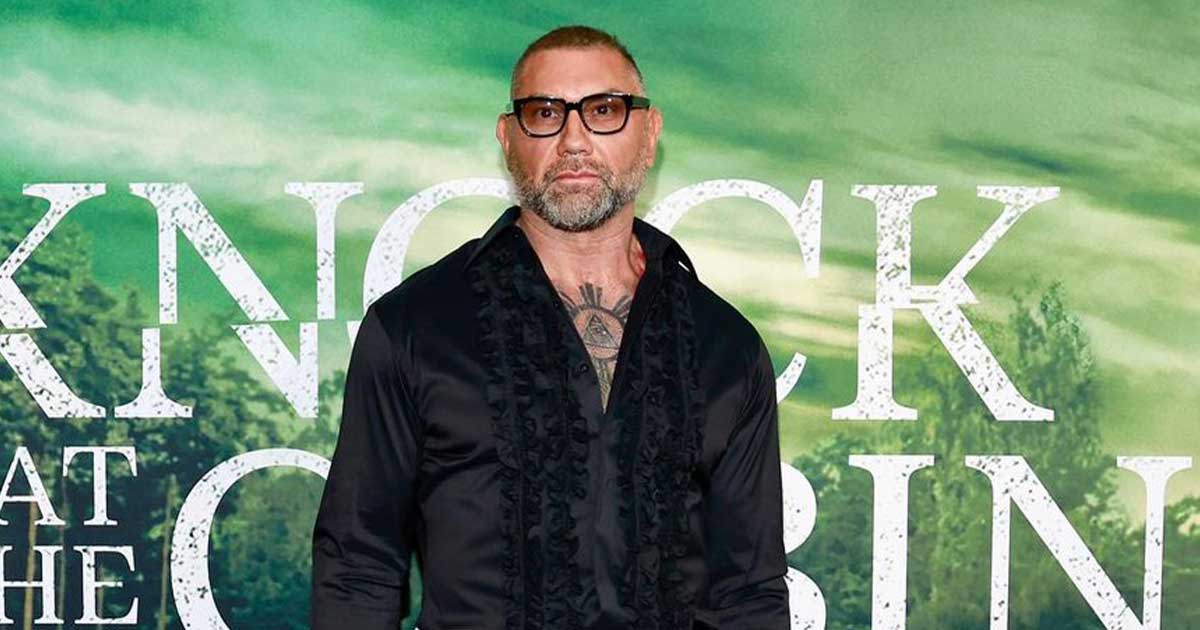One of the latest examples is Matthew Sluka, the starting quarterback for UNLV’s first three games of the 2024 season. After helping lead UNLV to three wins and potential contention for a prestigious College Football Playoff bid, Sluka announced on September 24 that he would sit out the rest of the season. His decision is the result of a dispute over compensation for use of his name, image, and likeness, commonly referred to as NIL.
While the decision sent shock waves through college athletics, it also shines light on the changing balance of power that favors athletes over their coaches and universities.
As a former lawyer and college athletics compliance administrator—and also as a current university faculty member who has authored several law review articles on legal issues related to NIL—I suggest that Sluka’s situation exemplifies how collegiate athletes can use recent NCAA rules changes to improve their financial situation in the NIL era of college athletics.
Promises and denials
Sluka’s NIL agent claims a UNLV assistant coach failed to fulfill a promise he made Sluka during the recruiting process. That promise, according to Sluka’s agent, was that Sluka would receive $100,000 of NIL compensation from an NIL collective should he attend UNLV. NIL collectives are generally formed to pool individuals’ and businesses’ funds to provide NIL opportunities and compensation for athletes.
Any such promise by a UNLV assistant coach would violate current NCAA policy. That’s because NCAA policy prohibits coaches from making NIL compensation offers contingent on whether a student enrolls. NIL collectives, on the other hand, may negotiate with athletes during the recruiting process as the result of a U.S. District Court ruling. That ruling prohibits the NCAA from penalizing collectives that negotiate NIL compensation with athletes during the recruiting process.
In a forthcoming BYU Law Review article, however, I suggest that a university whose star athlete transfers because another school’s collective recruited the athlete possesses a viable legal claim against the collective. That claim would be for inducing the athlete to transfer and violate their athletics scholarship agreement.







